Working out but not seeing results? A PT confirms whether 30-minute workouts are top-tier for boosting fitness
Sometimes, less really is more.
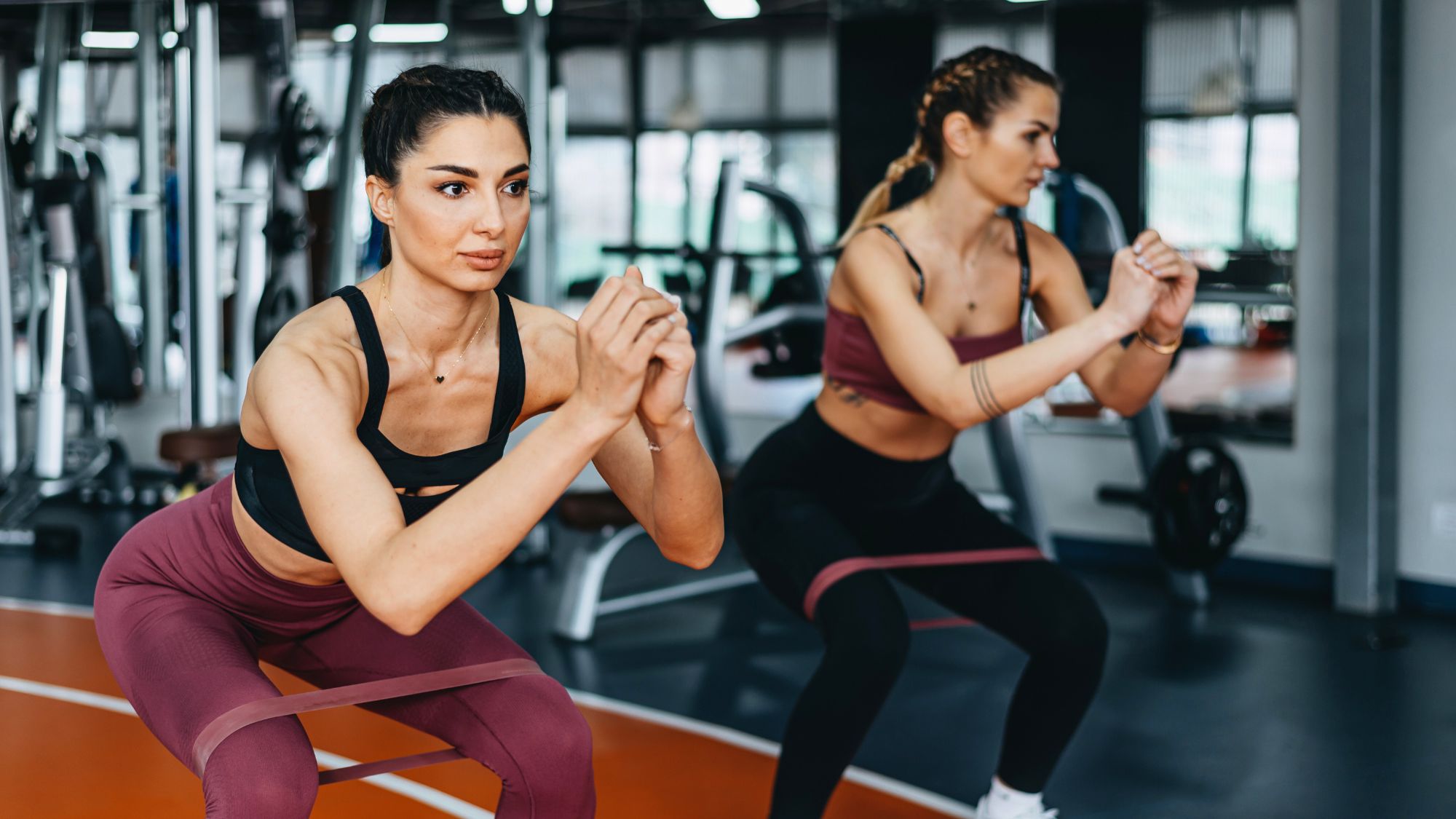

While some of you have your healthy lifestyle down to a tee - balanced nutrition, adequate sleep and a finely tuned workout regime incorporating strength, cardio and flexibility training - others struggle to know where to start when it comes to fitness. And with Google searches for "Is 30 minutes of exercise a day enough?" spiking, it seems that many of you aren't sure about the length of time or number of workouts to aim for weekly.
And to make matters even more confusing, knowing how often you should workout isn't always as simple as it should be. You see, your progress will depend on a combination of factors which might seem unconnected to exercise but still have an impact. Sleep, for example, has been shown in various studies (like this one, published in the European Journal of Applied Physiology) to affect physical performance, while research also shows a bi-directional relationship between exercise and stress.
Added to this, it's important to take individual personal goals into consideration. Someone who's training for a marathon will want to see very different results from someone training to lift a certain barbell at the gym. Both will be wildly different to someone just starting out on a fitness journey - you catch our drift.
It's also important to factor suitable rest days into your training to yield maximum benefits from your training. Most of us are aware that there's a delicate balance to be struck between working out enough to challenge ourselves and see results yet not risk overtraining, injury, stresses and strains - but more on that later.
With this in mind, we've asked personal trainers whether 30 minutes of exercise a day is enough to see results with our workouts - and you might be surprised by the answer. Keep scrolling for the tea, but in the meantime, you might want to check out our explainers on how much to workout to see results, how to motivate yourself to work out, and how long it really takes us to get fit, here. Plus, don't miss the latest on whether you're better off working out during the week or at the weekend, while you're at it.
Is 30 minutes of exercise a day enough to see results? Your guide
Should I aim for 30 minutes of exercise every day?
Let's take a look at the NHS recommendations before we get into it. As per their Live Well website, they recommend all adults from the ages of 19 to 64 move every day. That said, they're not necessarily implying you should workout every day - a distinct difference.
As a general rule of thumb, they recommend aiming for at least two strength sessions a week (weighted sessions, resistance band routines and bodyweight workouts all count) and at least 150 minutes of moderate aerobic activity a week (think walking, swimming, cycling or doing chores around the house). If you'd rather, you can aim for 75 minutes of vigorous-intensity aerobic activity per week instead of moderate. This includes higher-intensity workouts, like running, sprinting, and HIIT.
Marie Claire Newsletter
Celebrity news, beauty, fashion advice, and fascinating features, delivered straight to your inbox!
Of course, that doesn't change the fact that we're constantly bombarded with messages about moving our bodies more. Whether it's your Instagram feed flooded with people running half marathons or friends in your group chat bending our ear about joining a charity fundraising walk, the noise around exercise has seemingly never been louder. And let's not even mention our penchant for 10,000 steps a day...
So, how does this answer the much-searched 30-minute-every-day question? For the most part, it's no secret that all movement is good. We all know that moving our bodies is vital for both mental and physical wellbeing, but is it possible to actually work out too much? Could we be hampering our results by overtraining?
Well, as per the NHS website, while moving every day - aka hitting your daily step count - is recommended, there's really no need to workout every single day. As they stress: "You can spread your exercise out over four to five days a week."
And one thing the experts are clear on: how often you should work out is entirely individual, and will always depend on your end goals. "Most people find their sweet spot is to work out three to five days a week," advises personal trainer and founder of Dare to be Fit, Grace Reuben. "However, this depends on their fitness level and goals. Balance is important because too little effort may obstruct progress and too much effort may lead to burnout or injury. Consistency builds success over time. Whether strength, endurance, or general fitness is being targeted for, the prioritisation of movement that is enjoyed will keep you coming back."
In a nutshell: you have to enjoy what you're doing to keep coming back for more. With this in mind, let's take a look at some of the different fitness goals you may have, from building endurance to improving overall fitness, and discover what (in an ideal world) really yields results.
1. How often to work for fitness maintenance
If you're already fit and active with no specific goals in mind (don't tell the WhatsApp group), your workouts should be designed to maintain your fitness. While this will look different for everyone, as a general rule of thumb you can follow the NHS guidance of 150 minutes of moderate-intensity activity, or 75 minutes of intense activity (choose your poison) per week.
"If you’re happy with your current fitness level and just want to maintain it, aim for three to four days a week of moderate-intensity exercise," says Reuben. "This could include a mix of cardio, strength training, and some flexibility or mobility work. Even two higher-intensity sessions, combined with lighter movement (like walking or yoga), can be enough to stay on track."
@spen_fitness ♬ Beat Goes On - The All Seeing I
2. How often to work out to build muscle
Looking to build muscle? You're not alone - strength training has been enjoying an uptick in popularity, lately, and for good reason. Weight training is vital as we age, particularly for women, who lose both muscle mass and bone density in a double-whammy of ageing downsides. But a few strength training sessions each week can help protect against this - and don't worry, we're not talking heavy weights (unless you want to!)
"If you are looking to build muscle, you'll need to engage in strength training exercises that target all major muscle groups ideally two to three times per week," advises personal trainer and founder of GO Fitness, Emily Saxby-Collins. "However, I'd recommend that you allow for at least one day of rest between sessions to allow your muscles to recover and grow."
Think bodyweight strength training such as lunges, squats, push ups etc, or use a resistance band, kettlebell or dumbbells to add extra spice.
@mollyk_fitness ♬ original sound - Mollykfitness
3. How often to work out to boost fitness
Keen to boost your fitness? Join the club - it's probably safe to assume that the majority of regular exercises wouldn't mind improving their fitness. After all, who doesn't want to find everyday movements and activities that bit easier, not to mention having the kudos of being able to run for a while without stopping?
So, in order to make fitness gains, you're going to have to do a little work. "For a general fitness upgrade, aim to workout four to five days a week," says Reuben. "This can include a mix of cardio, strength, and flexibility training to hit all the bases. For example, you could do two cardio sessions, two strength sessions, and one yoga or Pilates session to round things out. The variety will help improve endurance, strength, and mobility while keeping things interesting."
@growwithjo ♬ Just Wanna Rock - Lil Uzi Vert
4. How often to work out for endurance
When we talk about endurance, we're essentially talking about your stamina, or your ability to withstand the more unpleasant side effects of physical exertion and carry on regardless - think aching muscles, sweating, laboured breathing. These are all signs that your body is being tested - and they're generally a good sign, provided you know when to stop!
While we can't stop the voices in your head willing you to stop running (just us?), we can advise you on how to push through the physical barriers and achieve longer runs, stronger lifts and so on.
"In order to improve endurance, ideally you should be training for around four to six sessions each week," advises personal trainer Edwina Jenner. "This should comprise a mixture of long and slow sessions and shorter, more intense ones (think a longer, steady run mixed with a HIIT session) and include a progressive increase in duration and distance, to challenge yourself.
Do note here: none of the experts we spoke to recommend intense activity six days a week unless you're super fit (not to mention, blessed with the time to do so). If that's you, mixing your training up (also known as cross-training) can help to prevent injury and burnout and ensure you're not taxing the same muscles groups day after day. And remember: for best results, you must include (at least) one or two rest or very light activity days, too.
The upshot is, whatever your workout goals are, they're going to take time, consistency and effort. There are no quick fixes, when it comes to fitness - and anyone who says otherwise isn't telling the truth. That said, your goals are unique to you, so it's important to work out what they are and (if you're really committed to change) make a plan.
"If you are training for a specific goal, having a clear training plan is essential to reaching that goal. However, these guidelines can also provide a framework for varying your training, whatever you're looking to achieve," says Jenner. "The likelihood is you'll have periods when you want to build strength, while at other times, you'll just want to maintain your fitness. There are always ways to make workouts work for you."
@jshresruns ♬ original sound - Josh
Shop MC UK's go-to workout essentials here:

Feel more inclined to work out when you look the part? Yep, us too - and this crop top from FP Movement hits all the right notes. Breathable fabric and super cute ruched detailing strikes the style and substance balance perfectly.
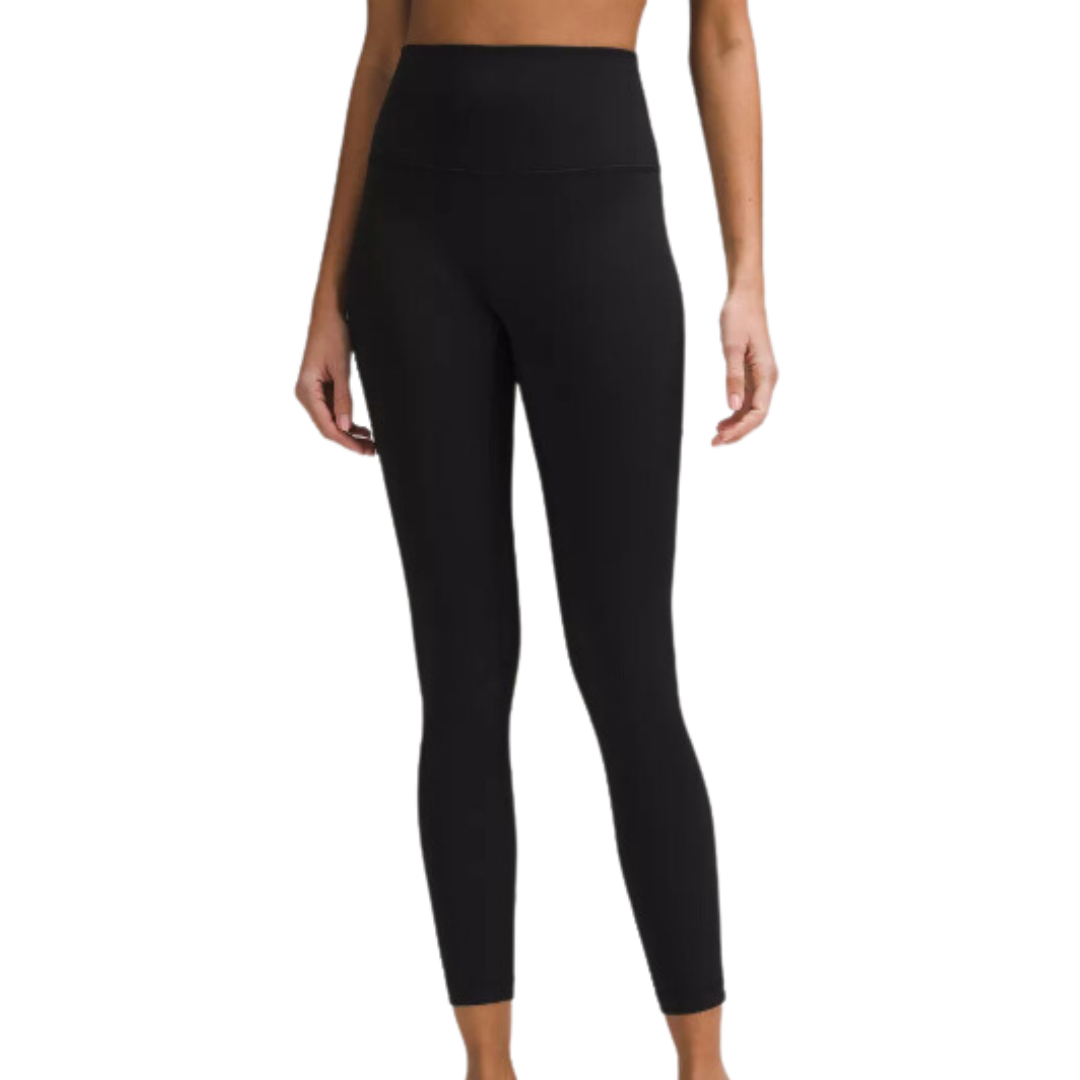
We're adding these to our Christmas list (again) this year - leggings don't get much better than the cult-favourite Align range from lululemon. Soft, supple and supportive? It's a trifecta we're all over.

Speaking of Christmas lists, no stocking is complete without at least one pair of socks, so make yours these Alo Yoga beauties. They'll look great whether you're planning a Boxing Day walk or to simply curl up on the sofa - the choice is yours.
How can I make sure I'm progressing in my workouts?
Whether we're talking about building strength, fitness or endurance, the aim is progressive overload. Essentially, this means consistently moving those goalposts to stay outside your comfort zone - that's where the magic happens. However, it's important to make sure you're looking after yourself, at the same time. Saxby-Collins' top tips include taking rest days when you need them and focusing on consistency. Not to mention, be sure to incorporate a variety of exercises into your routine and gradually increase the intensity, duration, or frequency of your workouts over time, rather than overwhelming yourself.

Anna Bartter is a freelance journalist who writes about health, fitness and women's lifestyle for publications including Stylist, Metro and Psychologies, among others.
She's always on a quest to find a variety of fun and functional workouts that give you the most bang for your workout buck and she's passionate about championing movement for everyone's mental and physical wellbeing.
-
 How the slogan t-shirt became this season's must-have - and why it's more than just another trend
How the slogan t-shirt became this season's must-have - and why it's more than just another trendNot just another Nineties throwback
By Clementina Jackson
-
 How are Trump’s tariffs affecting the fashion industry?
How are Trump’s tariffs affecting the fashion industry?The fluctuating situation in the US is having very real consequences
By Rebecca Jane Hill
-
 Here's every character returning for You season 5 - and what it might mean for Joe Goldberg's ending
Here's every character returning for You season 5 - and what it might mean for Joe Goldberg's endingBy Iris Goldsztajn
-
 Jump training workouts are being hailed as the best longevity workout you can do - a top personal trainer shares their guide
Jump training workouts are being hailed as the best longevity workout you can do - a top personal trainer shares their guideJump to it...
By Katie Sims
-
 Spring has finally sprung - 6 best outdoor workouts that are totally free and boost both body and mind
Spring has finally sprung - 6 best outdoor workouts that are totally free and boost both body and mindSoak in the nature and boost Vitamin D *and* endorphins.
By Anna Bartter
-
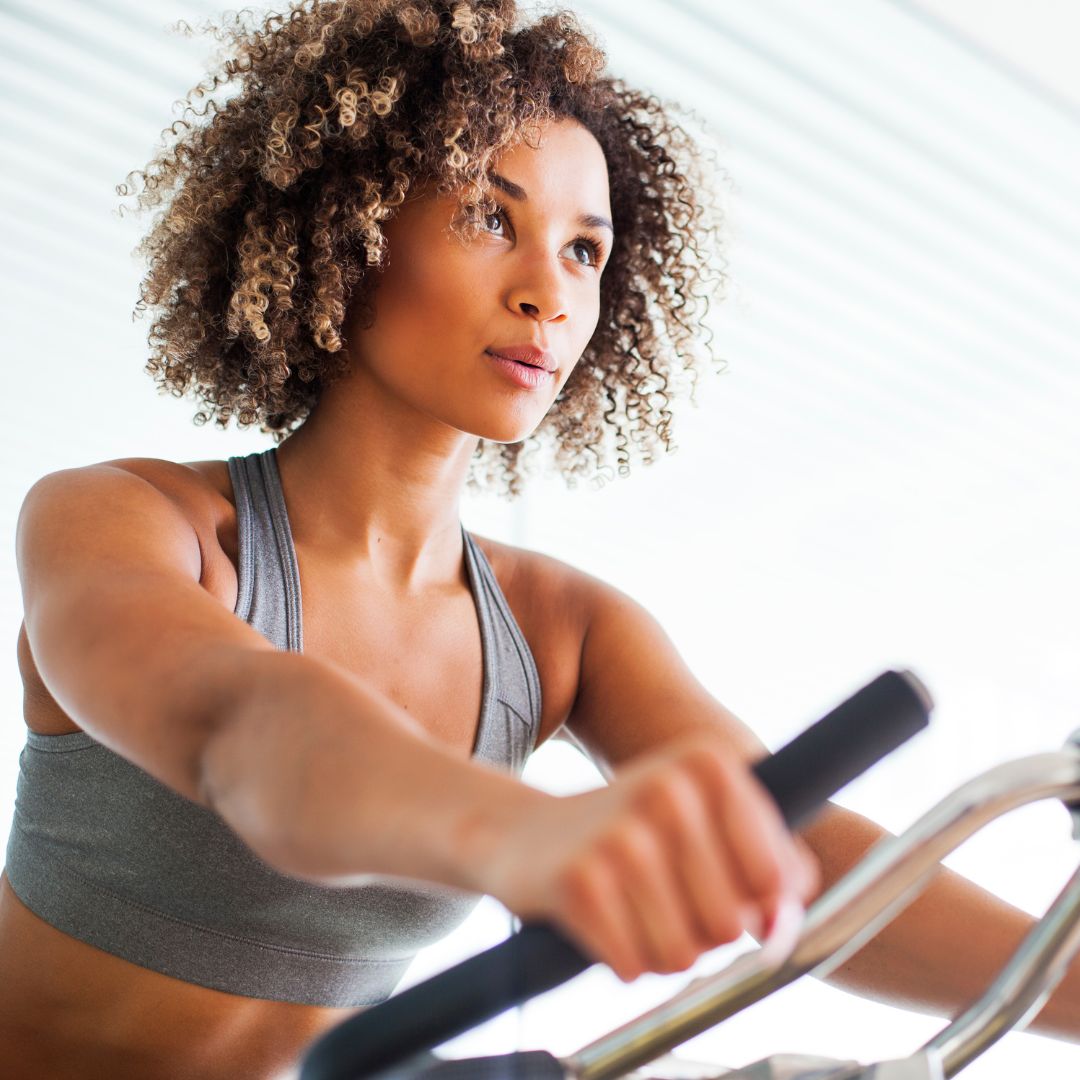 Experts are calling the 4-2-1 method one of the most effective fitness routines you can do, period - so, is it?
Experts are calling the 4-2-1 method one of the most effective fitness routines you can do, period - so, is it?Your need-to-knows.
By Katie Sims
-
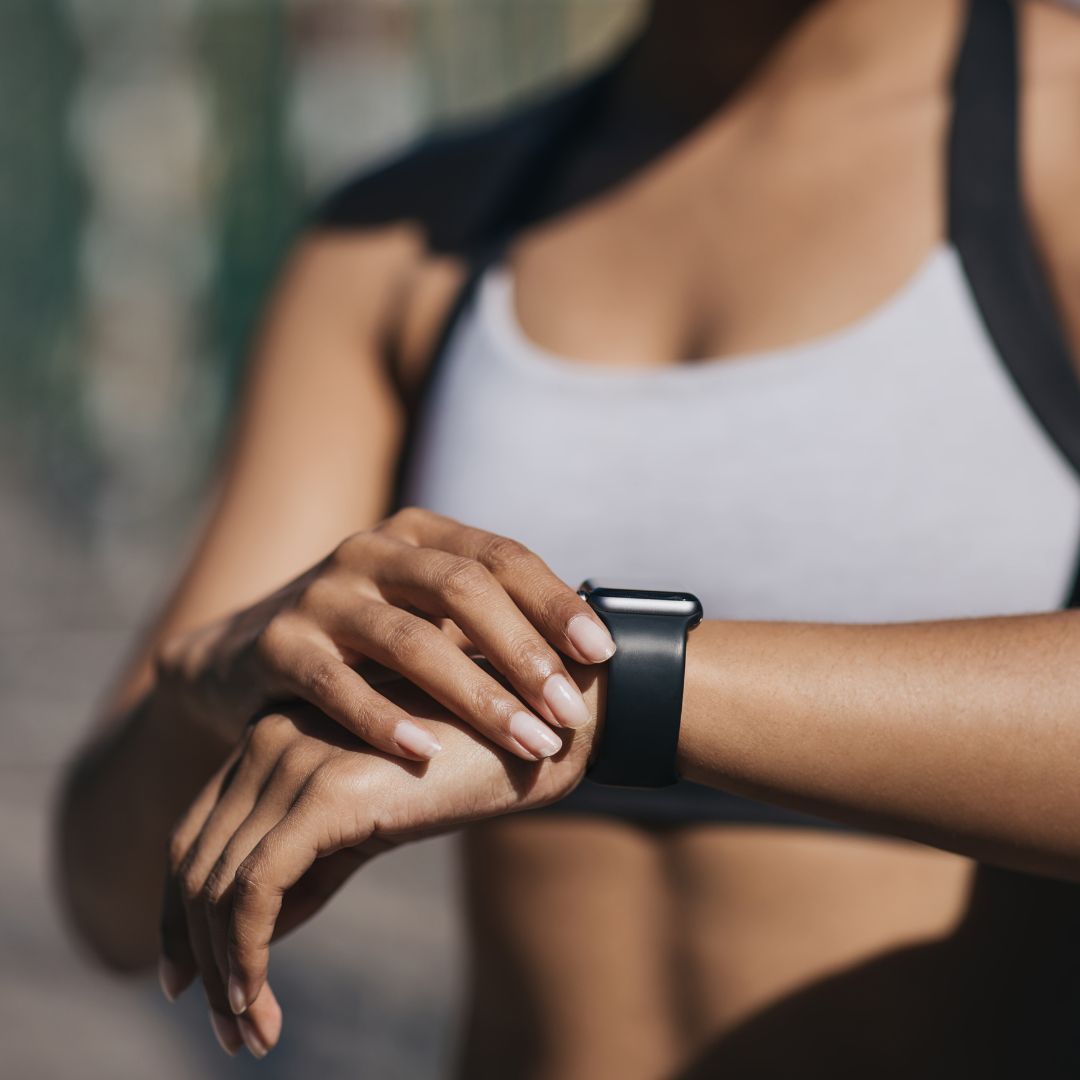 Still finding it too cold to exercise outside? 7 best advanced home workouts to boost muscle and endurance
Still finding it too cold to exercise outside? 7 best advanced home workouts to boost muscle and enduranceBecause home workouts aren't just for beginners.
By Anna Bartter
-
 Harry Styles' personal trainer just shared the four workout moves he swears by for effective, at-home sessions
Harry Styles' personal trainer just shared the four workout moves he swears by for effective, at-home sessionsNo more Daydreaming of an enjoyable home workout...
By Ally Head
-
 I wanted to up the intensity of my walks, so tried Nordic walking every day for a week - and feel it's levelled up my cardio fitness
I wanted to up the intensity of my walks, so tried Nordic walking every day for a week - and feel it's levelled up my cardio fitnessWho knew holding poles was such hard work?
By Anna Bartter
-
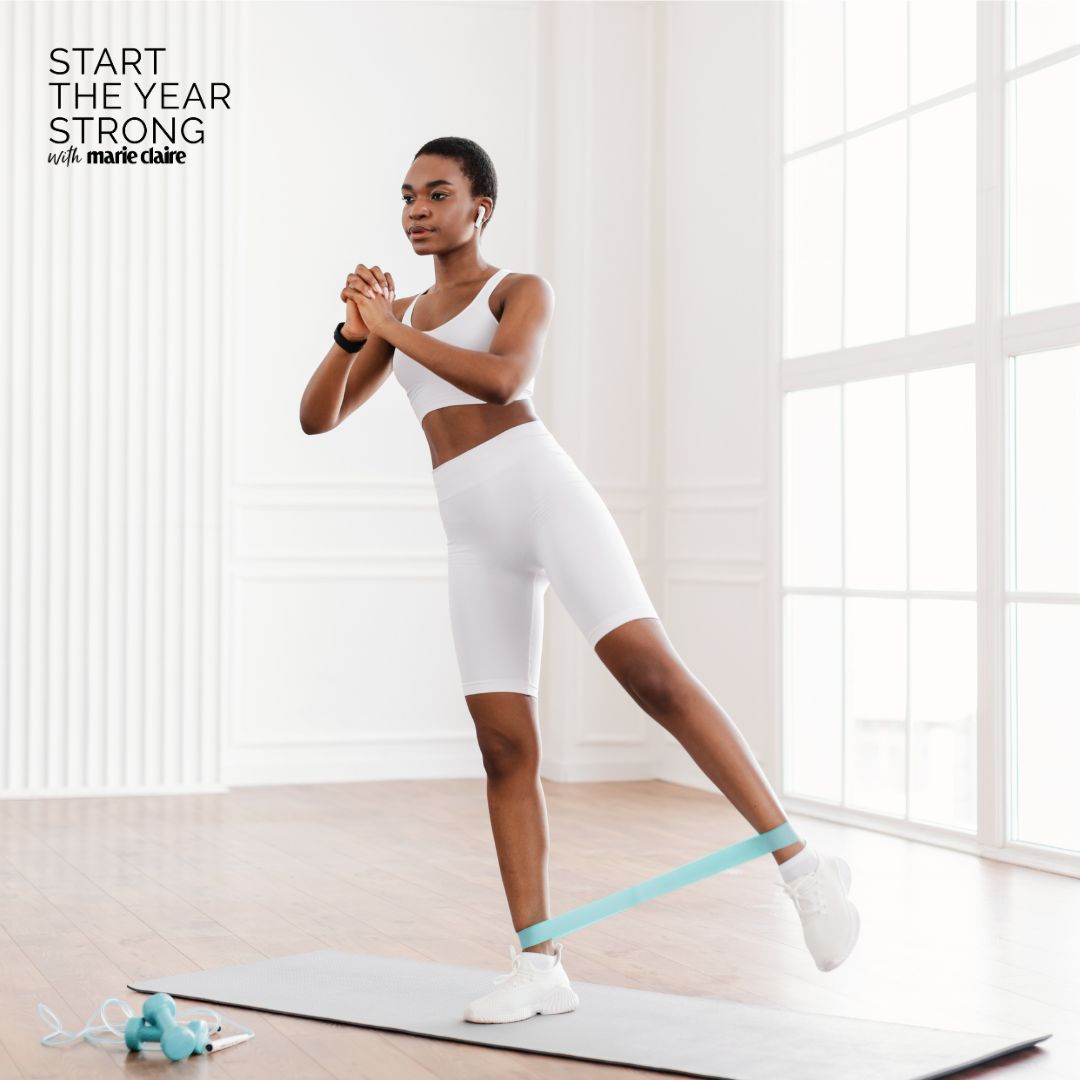 Prefer home workouts? 7 advanced resistance band glute workouts that'll level up your sessions
Prefer home workouts? 7 advanced resistance band glute workouts that'll level up your sessionsGrab a band and prepare to feel the burn.
By Anna Bartter
-
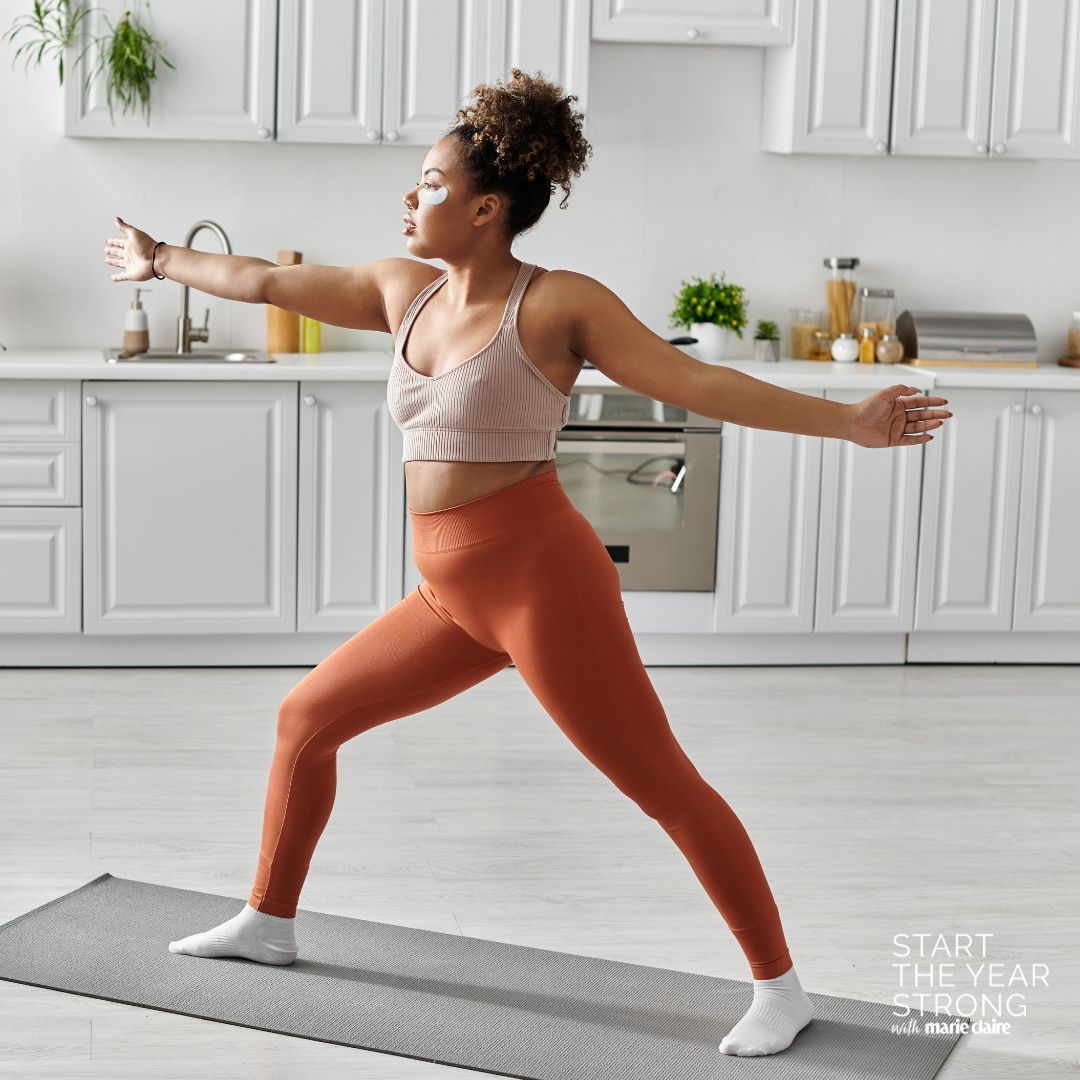 I've seen the 30-30-30 workout all over my feed - so asked top experts for their take on whether it's *actually* worth trying
I've seen the 30-30-30 workout all over my feed - so asked top experts for their take on whether it's *actually* worth tryingA life changing regime?
By Katie Scott